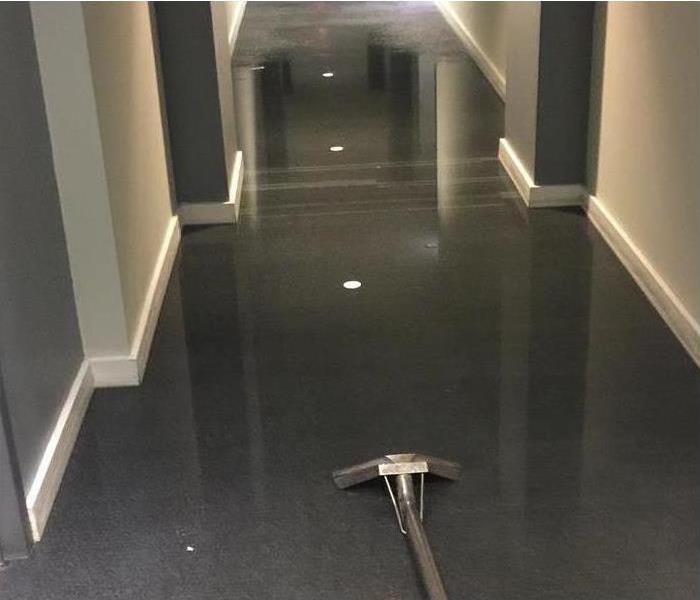Timely Claims Imperative to Getting Back Up an Running
9/24/2019 (Permalink)
When a broken pipe, flooding or other natural disaster happens, it has the potential to have long-lasting effects on a business. Along with dealing with damaged property, including data vital for operations, the cleanup itself could require a short-term closure. Business interruption insurance offers a way to recoup some lost revenue while the doors are closed. Even with this added protection, time is of the essence.
Types of Coverage
If your business has had large water damage, there is a good chance that it may need extensive repairs. When that work requires closing, most business interruption policies are designed to compensate for lost earnings, based on financial history, and expenses that don’t stop just because of a disaster. Deciding what is the best insurance will depend on many factors, including potential risks for your business in Key West, FL. In general there are three types of coverage:
- Business Income Coverage – Basic coverage for lost income and recurring utility payments during restoration.
- Extra Expense Coverage – Like its name, this provides coverage for additional expenses beyond the basic level. This may cover payroll, temporary moving costs or other expenses incurred during repairs.
- Contingent Business Interruption Insurance – For businesses reliant on a supplier, this will cover lost profits if the supplier faces a disaster.
Recovery Steps
Once the flooding, fire or other disaster subsides, quick action is necessary to get your business back on track. Considering it typically takes 48 hours for insurance to kick in, it is important to contact your insurance agent and restoration professionals as soon as possible. When it is safe to start taking action, consider the following for a smooth claim:
- Have insurance policies on hand to review.
- Follow all policy guidelines.
- Document and organize losses, which may include taking photos and gathering receipts, and ensure they are covered in the policy.
- Track any business expenses during the claim.
Flooding doesn’t just end when the when the water goes away. Proactive steps can help protect your business when the unthinkable happens.





 24/7 Emergency Service
24/7 Emergency Service
